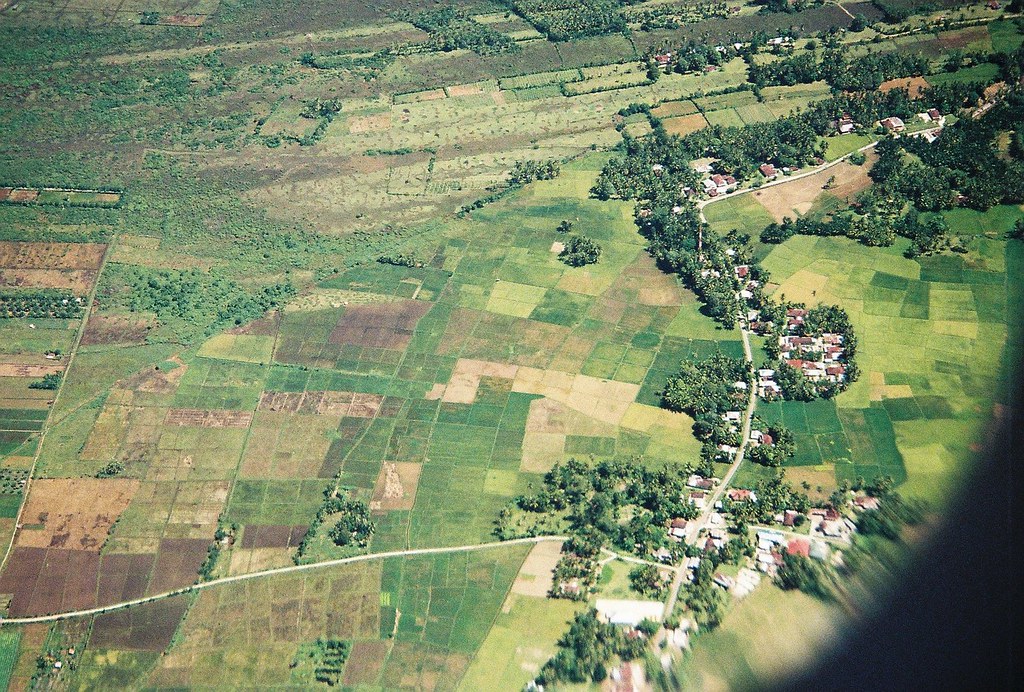|
Found a lecture note by Bruno Guiderdoni, an French astrophysicist and a convert to Islam, about the correlation between Islam and science, in this case particularly on how science cannot be separated from faith and ethical values. Hamza Yusuf mentioned about him in one of his talks, where he said - something along the line of - religion has to be able to reach or to be understood and followed by the simple people (people who don't study very deeply) and be able to satisfy the thinking of the brilliant people (people who study); in which I found a very beautiful meaning of religion. The excerpt below is taken from the lecture note, the part that I found very inspiring and is an impactful message in society and environmental sustainability context, and I thought to share it here in the blog for the readers and as a reminder for myself. "According to the Islamic doctrine, the human being is created from clay and from God’s spirit, to become "God’s vice‐regent of earth". The human being is the only creature that is able to know God through all His names and attributes, and it is put on earth as a garden‐keeper in the garden. Our relationship with other living creatures on earth is not that from the upper to the lower level, with the concomitant possibility to exploit all "inferior" beings", but that from the central to the peripheral. The "central" position of the garden‐keeper on earth is the position of the watchman who equally cares after all the inhabitants of the garden. This implies a sense of accountability for all creation, and should lead to humility, not to arrogance. As a consequence, we can eat the fruits of the garden, but we have no right to uproot the trees, which do not belong to us. The power that science has given to us must be accompanied by a greater sense of the ethic that is necessary to use this power with discrimination and intelligence. To say the things in a few words, we must not do all what we can do, very much as Adam was not allowed to touch one specific tree in the garden. This prohibition makes us free, because freedom requires the possibility of a choice. This symbol of the garden keeper in the garden has a strong echo today, with the current debates on how to deal with global warming, the share of natural resources in a sustainable way, or the preservation of biodiversity." "... It (the human being) is put on earth as a garden‐keeper in the garden." The note above reminded me of the call to tread or walk humbly on the earth (Qur'an 25:63); in any kind of actions or professions that we do, because we are meant to only be the care-takers of the earth, its living world, and its resources. We don't own anything, nothing that we have is truly ours. We are meant to cultivate the earth (imara) and sustain/guard what is there for the next generation (istikhlaf), which are parts of worship to God (ibadah). To be somebody who takes care of the garden; indeed is a very accurate definition of human being. The full lecture note can be found here. Labels: good words  |
 home profile Hello! My name is Yttria. Here's where I share some of my photoworks, sketches, stories and quick thoughts. Some are just doodles and mumbles. Hope you enjoy it. content
» architecture» artsy | design » crafting | handmade » good words » landscape » music » pattern | texture » 35mm photography » photography » book | readings » sketching » the beatles » traveling » random links
craft \ handmade In progress! flickr
   
friends
Adlina Hasna MunawarAfina Raditya Andru Putra Twinanda Aqmarina Andira Astri Endawati Astri Widoretno Dina Rismala Eliza Viandrayani Aziz Grafitya Ariwahjoedi Hersanti Eko Ratnaningrum Lakhsmita Indira M. Khanif Nudiyanto Medria Shekar Rani Muloyoung Nadiya Rahmah Nadia Shevila Thohari Oka Kuswandi Rahman Andra Wijaya Raisa Tjarinto Rosi Destiani Salma Dwikartika Seramika Ariwahjoedi Siti Suci Printiasti Taqisthi Viona archives
patterns of the day ♥
     
///
credits
Blog stats from Statcounter.Background image from Pinterest. © Yttria A. 2020 |




Post a Comment